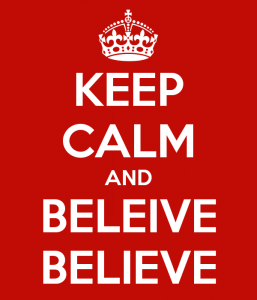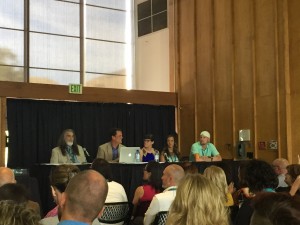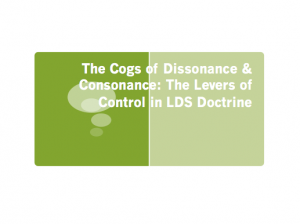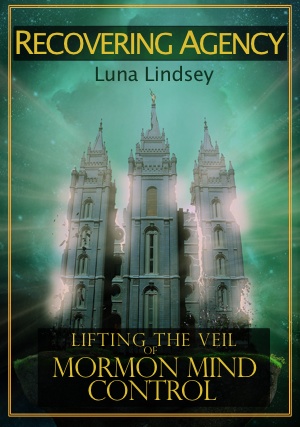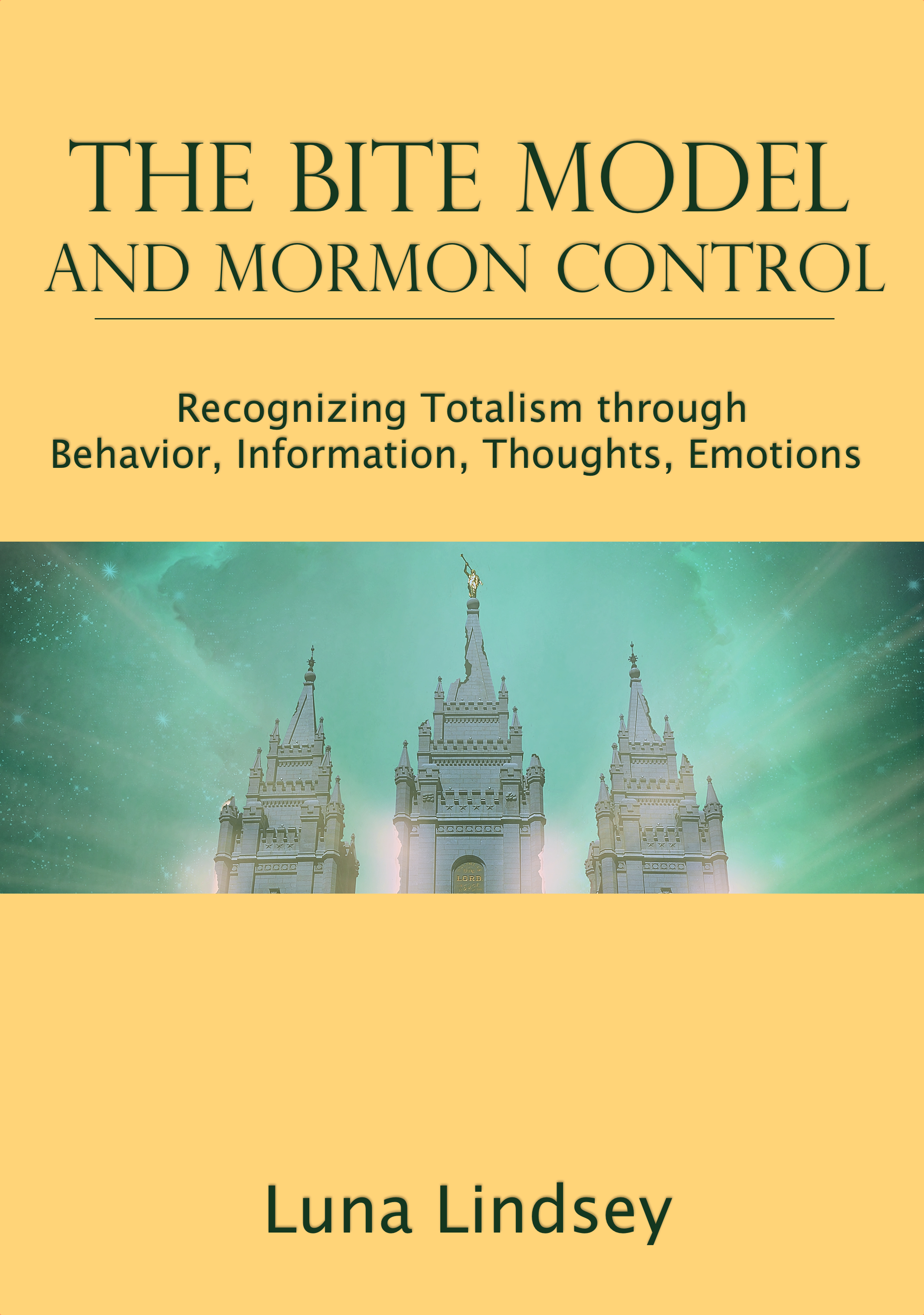When I first heard Elder Uchtdorf’s Saturday morning talk during the October 2015 General Conference, I had high hopes it signaled a movement toward a kinder, gentler LDS Church. I hoped that some combination of pressures from public critical voices, the mass exodus of fleeing member, and Uchtdorf’s sincerely held Christlike outlook on the Mormon gospel had finally manifest as a teaspoon of change in a organization which so desperately needs it.
(Optional: View the video in which I analyze Uchtdorf’s Saturday Morning talk with Jonathan Streeter.)
My optimism turned out to be baseless. (But then, I always have tended to be bright-eyed and naive.) I knew other General Authorities would undo Uchtdorf’s good words. I just wouldn’t have predicted he’d undo himself, that same evening, in the Priesthood Session, in his talk, “Be Not Afraid, Only Believe.”
I expected better from the folk hero of progressive Mormons.
He begins telling the story of biblical Daniel, who was taken captive into Babylon. To make sure his audience is paying attention, Uchtdorf has the young men place themselves into the story:
“Think of it, my beloved young Aaronic priesthood holders, Daniel was very likely your age when he was taken into the king’s court to be educated in the language, laws, religion, and science of the worldly Babylon. Can you imagine my young brothers how it would have felt like to be forced from your home, marched 500 miles to a foreign city, and indoctrinated in the religion of your enemies?”

Actual photograph of Daniel taken into captivity (not really)
This employs a technique known as “Identification and Example.” We are to put ourselves in Daniel’s shoes, and to imagine ourselves in the story. This lowers defenses and helps to convey the emotions and morals of the narrative.
What does Uchtdorf want us to learn? A couple of things, for instance:
“The pressure on him must have been immense to abandon his old beliefs and adopt those of Babylon. But he stayed true to his faith…”

Setting the scene. Some pretty immense pressures indeed.
Uchtdorf relates this ancient tale to modern times. He speaks of defending unpopular truths, particularly on the internet, where we might be “flamed by those who disagree with us.” He points out that Daniel could have been literally flamed for his beliefs by the evil and murderous Babylonians.

Old school flaming
Elder Uchtdorf speculates that Daniel may have been like modern Mormons who “have to work for our testimonies,” which is another way of saying that it’s difficult – and desirable – to set aside tangible evidence and our own direct perceptions of reality in favor of believing as Church leaders want. Continue reading

